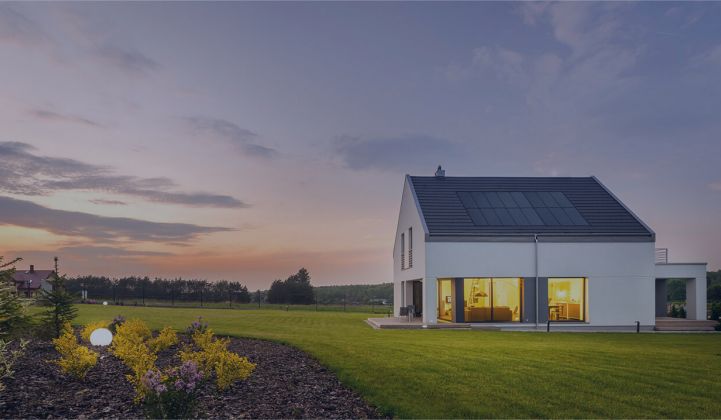U.K. developer Solarcentury sold its residential solar business to the Swedish firm SVEA Solar and continues to look for a buyer for its utility-scale operations.
While the residential market accounted for only 10 percent of Solarcentury’s total revenue, it included a high-profile partnership with furniture retailer Ikea. SVEA now adds the franchises in Germany, Belgium and the Netherlands to its own partnership in Sweden.
Financial terms of the deal were not disclosed.
Solarcentury, among the leading U.K. solar companies on the international stage, has been seeking a buyer for its entire business for the better part of a year, having dismissed the idea of an initial public offering and opting instead to seek a strategic buyer.
In the meantime, the London-based company has been making progress with projects in Spain, won capacity in France's tenders, expanded into Italy and restarted its activity in the U.K. Business on its home soil had been on hiatus after subsidy support stopped and before post-subsidy economics became attractive.
"With significant international expansion of our utility-scale operations in recent years, now is the right time to transfer the residential business to a new owner who can invest in and grow it for the long term," Solarcentury CEO Frans van den Heuvel said in a statement.
With its residential division now sold, the remaining business could be a more attractive proposition to interested buyers. The sale will allow the company to focus on its "core business developing, building, owning and operating utility-scale solar business across Europe, Latin America and Africa," with a 5-gigawatt global development pipeline in play, a Solarcentury spokesperson told GTM.
“Solarcentury remains in a strong financial position, with zero debt and a strong cash balance to support its development activity worldwide," the spokesperson said. “At this point, there is no further update on the sale process."
Potential buyers
The pool of potential buyers for Solarcentury's utility-scale business has only diversified; with more than a decade of development and engineering experience, the company would hand any potential new owner a ready-made development pipeline.
The beginning of 2020 has seen a flurry of dealmaking in the global solar industry, with more than 6 gigawatts of solar assets changing hands by mid-February, according to data from Wood Mackenzie. These strategic acquisitions could offer some insight into the types of companies potentially interested in Solarcentury.
Portuguese oil company Galp bought 2.9 gigawatts of solar projects as it sets out to own 10 gigawatts of renewable power assets. French major Total bought 2 gigawatts of capacity in Spain earlier this year, including a 1.2-gigawatt pipeline from Solarbay and a majority stake in a joint venture with Powertis totaling 800 megawatts.
The recent collapse of oil prices raises questions about the appetite of oil majors for investing in new business areas during a period of painful cost-cutting. At the same time, there is an argument that clean energy projects now offer shareholders better returns than many fossil-fuel investments.
It’s not just the oil and gas majors buying up solar assets. Solar module manufacturer Q Cells fell just short of the gigawatt benchmark with a deal for 940 megawatts of project rights in Spain. Meanwhile, all of Europe’s major utilities are growing their renewable power portfolios.
Germany’s RWE and the U.K.’s SSE have both shed their supply businesses and are instead focused on building up portfolios of renewable generation assets. France’s EDF has confirmed it will increase its 50-gigawatt renewable target for 2030, which includes hydroelectric plants.
Speaking at the company’s most recent results conference, EDF CEO Jean-Bernard Lévy said: “We now consider that what was a very ambitious target of 50 gigawatts of renewables is something that we'll probably be able to exceed. […] It really looks like we are going to exceed it, and by quite a significant gap.”




